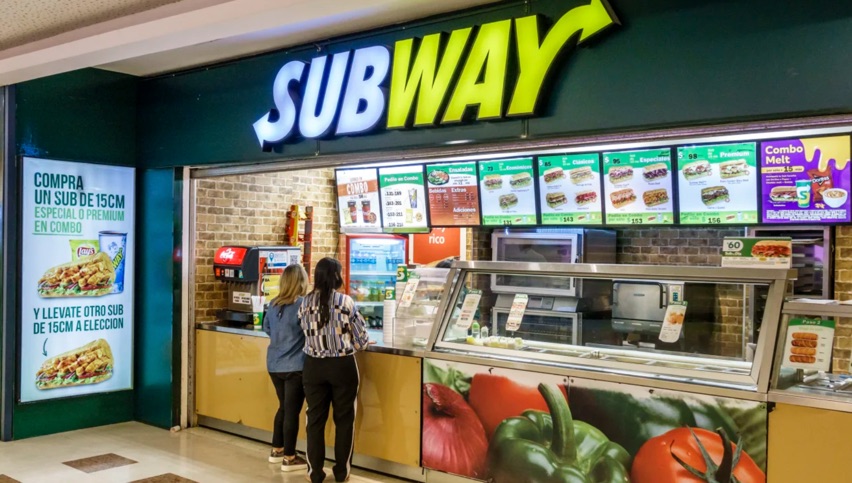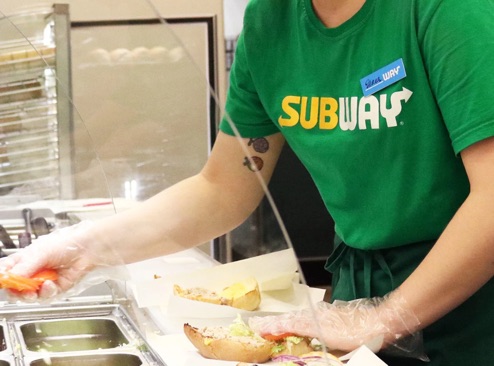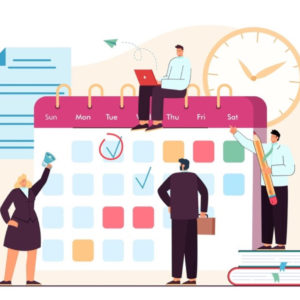
14 Aug Subway Shift Hours
Subway Shift Hours
Subway, the fast-food sandwich chain, does not have a universal set of shift hours that applies to every store worldwide. Subway shift hours of operation and the specific shift times for employees can vary widely based on several factors:
Location:
A Subway in a busy urban area might have longer hours of operation compared to one in a small town.
Type of Location:
Subways found inside shopping malls, airports, or other large commercial areas might have hours that align more with those venues’ operating times.
Ownership:
Many Subway stores are franchises. This means they are individually owned and operated, so the owner might set different hours based on local needs and conditions.
Country/Region:
Subway operates in various countries, and cultural norms or local regulations can influence store hours.
Day of the Week:
Some Subway locations might have extended hours on weekends, or shorter hours on Sundays.
If you are inquiring about a specific Subway location, it’s best to check directly with that store. If you’re considering employment at a Subway and are curious about shift hours, it’s a good idea to ask during the interview or hiring process.
How many hours is a typical shift in Subway?
While the specific length of a shift at Subway can vary depending on the store’s needs, location, and the owner’s preferences, a typical shift for an employee at Subway (or many similar fast-food or quick-service restaurants) might be:
Part-time:
4-6 hours
Full-time:
7-8 hours (or more, depending on local labor laws and break requirements)
Keep in mind that this is a generalization and the exact duration can differ. Some employees might work shorter or longer shifts based on business needs, especially during busy times or during staff shortages.
If you’re considering a job at Subway and have specific needs or questions about shift lengths, it’s essential to discuss this with the store manager or owner during the hiring process.
Does Subway pay for overtime?
Subway, like all businesses operating in the U.S., must comply with the Fair Labor Standards Act (FLSA) and other labor laws that pertain to overtime pay. Under the FLSA, employees who work more than 40 hours in a week are typically entitled to overtime pay at a rate of one and a half times their regular pay rate.
However, there are some considerations to keep in mind:
Exemptions:
Not all employees are eligible for overtime pay. Some salaried managerial or administrative positions might be exempt, depending on their job duties and salary levels.
Franchise Operations:
While the Subway brand has general guidelines and policies, individual Subway stores are often franchise-owned, meaning they are independently operated. Franchisees are required to adhere to local, state, and federal labor laws, but the exact implementation and adherence might vary from one owner to another.
State Laws:
States might have their own labor laws that offer greater protections or specify different thresholds for overtime. It’s essential to be familiar with state-specific laws if you’re looking into overtime pay regulations.
If you’re an employee or considering employment at a Subway and have questions about overtime pay, it’s best to:
- Ask the store owner or manager about their specific policies and practices.
- Refer to the employee handbook or similar documentation, if provided.
- Consult with your state’s Department of Labor or an employment attorney for specific guidance on overtime laws and rights in your jurisdiction.
In many countries outside of the U.S., the specifics of overtime pay will depend on local labor laws and regulations. If you’re referring to a Subway location outside of the U.S., it would be essential to consult local labor regulations or seek guidance from local sources.
Does Subway have 24 hour shifts?
Yes, some Subway outlets operate 24 hours a day. However, the majority of Subway restaurants do not stay open for the entire day. The decision to run a 24-hour outlet often depends on several factors:
Location:
Subways in areas with high foot traffic at all hours, such as near colleges, busy urban areas, or close to nightlife hubs, might find it profitable to stay open around the clock.
Type of Location:
Subways located inside 24-hour convenience stores, truck stops, or airports might remain open to serve the continuous flow of customers in these places.
Ownership:
Since many Subway stores are franchises, individual owners can decide on their store’s operating hours based on perceived demand and profitability.
Country/Region:
In some countries or regions, 24-hour establishments are more common due to cultural or economic reasons.
How many shifts are there in a Subway that is open 24 hours?
For a Subway restaurant (or any business) that operates 24 hours, the number of shifts can vary based on management decisions, local labor laws, and operational needs. Here are some potential shift structures:
- Three 8-hour shifts: This is a straightforward approach where the day is divided into three equal parts. Typical shifts might be:
- 1st shift: 7 a.m. to 3 p.m.
- 2nd shift: 3 p.m. to 11 p.m.
- 3rd shift (often called the “graveyard” shift): 11 p.m. to 7 a.m.
- Two 12-hour shifts: This is less common for fast food or restaurant settings due to the length of the shift, but it’s still possible. Shifts might look like:
- Day shift: 7 a.m. to 7 p.m.
- Night shift: 7 p.m. to 7 a.m.
- Varying length shifts: Some locations might use a mix of longer and shorter shifts based on the expected business volume. For example:
- Morning shift: 6 a.m. to 2 p.m. (8 hours)
- Afternoon/Evening shift: 2 p.m. to 10 p.m. (8 hours)
- Overnight shift: 10 p.m. to 6 a.m. (8 hours)
Or they might have a shorter overnight shift if they anticipate less business, such as:
- Morning shift: 6 a.m. to 3 p.m. (9 hours)
- Afternoon/Evening shift: 3 p.m. to 12 a.m. (9 hours)
- Overnight shift: 12 a.m. to 6 a.m. (6 hours)
In reality, how shifts are structured depends on a variety of factors, including:
- Expected customer volume at different times
- The physical and mental demands of the job (working late night shifts can be taxing)
- Local labor laws regarding maximum shift lengths, mandatory break times, and overtime
- The preferences of the store manager and owner
- The availability and preferences of the employees
If you’re considering working at a 24-hour Subway and want to know about shift timings, it’s essential to ask during the interview or hiring process.
What is Subway’s paid time off (PTO) policy?
Whether Subway provides paid time off (PTO) depends on various factors, especially considering that many Subway locations are operated as franchises. Here’s what you should know:
Franchise Operations:
Since many Subway restaurants are franchises and independently owned, benefits like PTO can vary widely from one location to another. Franchisees have discretion in determining the benefits they offer to their employees, as long as they comply with local, state, and federal employment laws.
Full-time vs. Part-time:
Typically, full-time employees have a higher likelihood of receiving benefits, including PTO, than part-time employees. However, this can vary based on the franchise owner’s policies and the region’s labor laws.
Local and State Laws:
Some states or municipalities might have laws that mandate certain paid leave benefits, such as sick leave. Franchise owners would need to comply with these regulations.
Corporate-Owned Locations:
In the cases where Subway restaurants are corporate-owned rather than franchised, the benefits might be more standardized. However, corporate-owned locations are less common than franchise locations.
Country/Region Differences:
If you’re considering Subway locations outside of the U.S., PTO and other benefits will depend on the labor laws and cultural norms of that specific country.
What is the minimum age to work at Subway?
The minimum age to work at Subway in the U.S. is generally 16 years old. However, there are some caveats and factors to consider:
Local and State Laws:
While Subway typically hires individuals who are at least 16, local and state labor laws may have different age requirements. Some places might allow younger individuals (e.g., 14 or 15 years old) to work with specific restrictions regarding the number of hours they can work, the times of day they can be scheduled, and the types of tasks they can perform.
Store Ownership:
Subway restaurants are often franchises, meaning they’re independently owned and operated. A franchise owner might have their own hiring age preferences, as long as they adhere to local and state laws.
Position Requirements:
Some positions, especially those involving equipment like slicers or ovens, might have a higher minimum age requirement due to safety concerns or insurance stipulations.
Outside of the U.S., the minimum working age at Subway can vary based on the labor laws and cultural norms of the particular country.
Disclaimer: We are not affiliated with or experts on Subway’s operations. For accurate and official information regarding Subway, please contact the company directly or visit their official website.






